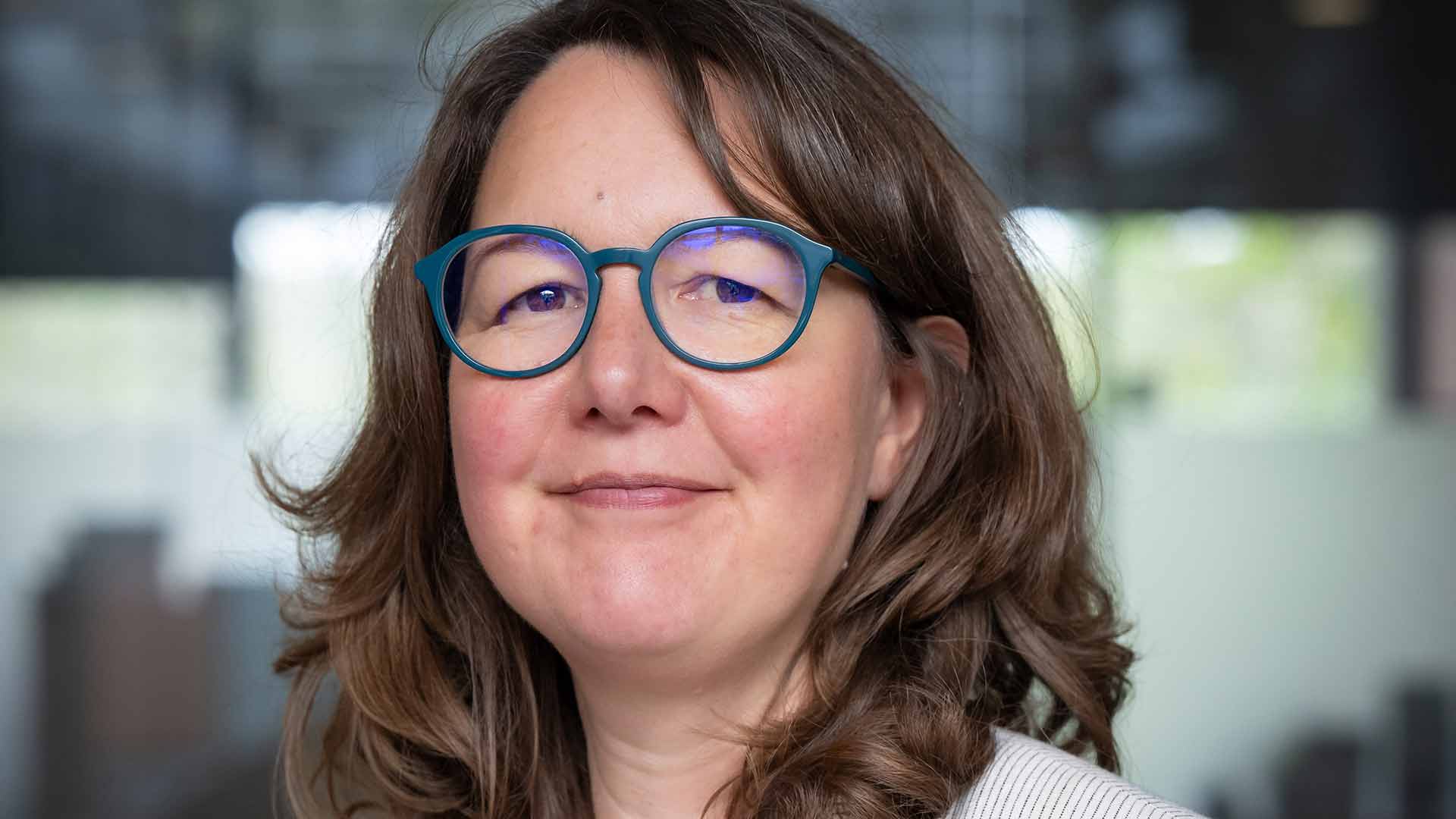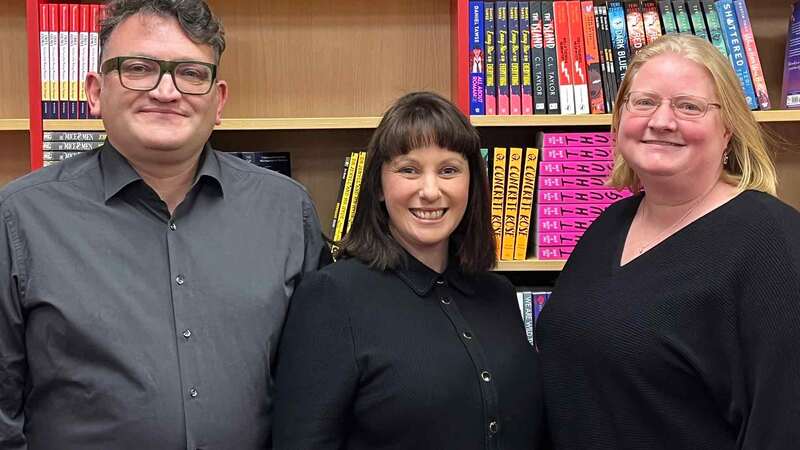You are viewing your 1 free article this month. Login to read more articles.
Public's library support 'needs to shift to activism'
The public should be “weaponised” into supporting libraries as part of a shift towards activism, attendees at the annual conference for the library and information association were told.
Delegates at the CILIP Conference in Brighton, which began on Wednesday (4th July), heard from US-based library activist organisation EveryLibrary about “how people power is transforming the way libraries are being funded”, according to a CILIP spokesperson.
John Chrastka, executive director of EveryLibrary, and the organisation’s political director Patrick Sweeney, spoke about how they have “weaponised” library campaigning – shifting people from feeling good about their local libraries to doing something to help.
The pair described how this move from advocacy and support to real activism and action had secured hundreds of millions of dollars in funding for public, college and school libraries. The key has been looking at how people can be motivated to act on the good will they feel for libraries – whether that is by putting pressure on politicians or donating time and money to the library cause. CILIP is now looking at how the model can be replicated in the UK, a spokesperson said.
CILIP’s c.e.o. Nick Poole suggested the public’s fondness of libraries needed to be chanelled into positive action.
“We know there is a tremendous amount of goodwill towards libraries and librarians, but we have seen over the last eight years of austerity that this goodwill has not prevented closures and cuts to our public libraries, to our school libraries and to other areas of the profession,” he said.
“EveryLibrary has shown that there is a way to transform that goodwill into positive action and to create activists who are willing to fight for not just their local library, but for libraries everywhere.
“CILIP has thousands of fantastic members and what better place to start that with them. We can build on the strength of our membership and the goodwill of the public to deliver a truly motivated and engaged group of library super supporters who will not just say good things about libraries, but who will actually do good things for libraries.”
While the UK model of funding is different from the US where public libraries rely on local taxation, often voted for directly by the community, CILIP believes there is scope for EveryLibrary’s model to be adapted. EveryLibrary’s core philosophy is "a call to action from likeminded people" and so far has amassed around 300,000 supporters on a database that can be instantly mobilised into action. The database includes address information and contact details that can be used to tailor campaigns as soon as a crisis hits. The aim is to reach a database of one million people.
Chrastka and Sweeney discussed how satisfaction levels with libraries are broadly similar in both the UK and US, "with strong support for the community good". They said this support does not depend on whether people are active library users and is not influenced by demographics such as age, gender or even political persuasion.
Sweeney said: “Activists have three resources – time, money and people. Time and money are finite – once you have used them they are gone, but people are not a finite resource. We use time to build money and people, and it is money and people that influences politicians.
“Libraries won’t get money, but we do have support in our communities from people. We can use those people as our activists.”
For EveryLibrary and CILIP the key to successful activism will be enthusing supporters so that they are happy to give their time or money to the library cause, a CILIP spokesperson said.


















